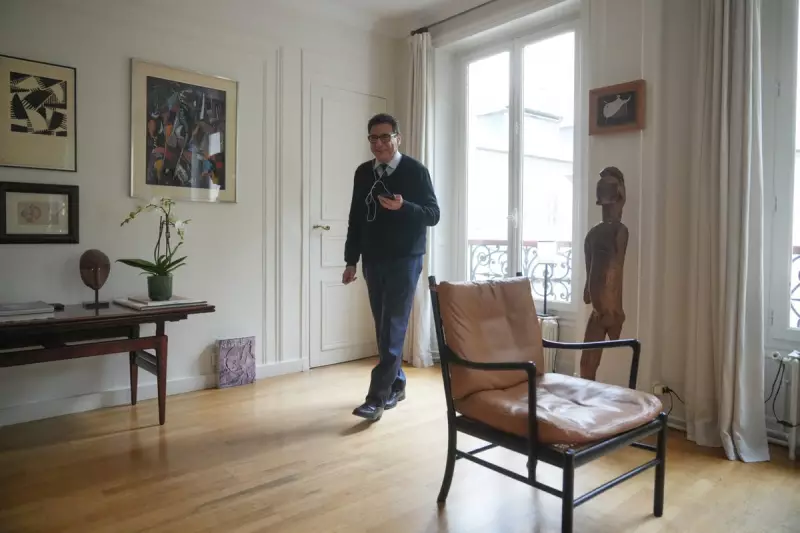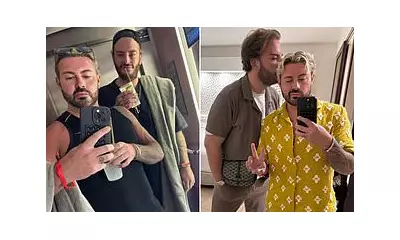
The hallowed traditions of the Nobel Prize have been thrust into controversy after Paris Mayor Anne Hidalgo nominated fashion icon Karl Lagerfeld for literature's highest honour, sparking widespread academic condemnation.
Unprecedented Nomination Stirs International Backlash
In a move that has stunned the literary world, the late Chanel creative director was put forward for the prestigious award, with Hidalgo praising his "sharp tongue" and unique perspective on society. The nomination has been met with disbelief from scholars and writers across Europe.
Brown University professor Emily Burns articulated the growing frustration within academic circles, stating: "It's frankly insulting to see serious literary achievement being equated with celebrity fashion commentary."
Political Motivations Questioned
The controversy has raised serious questions about the nomination process itself. Unlike other major awards, Nobel nominations remain secret for 50 years, creating a system vulnerable to political grandstanding rather than genuine literary merit.
French politicians have defended the decision, arguing Lagerfeld's cultural influence transcended traditional boundaries. However, critics counter that this sets a dangerous precedent where fame could overshadow genuine literary achievement.
Broader Implications for Cultural Recognition
This incident highlights the ongoing tension between popular culture and traditional academic recognition. As social media amplifies celebrity voices, institutions like the Nobel committee face increasing pressure to maintain their standards against political and popular pressure.
The fallout continues as literary organisations demand greater transparency in the nomination process to prevent similar controversies in future.





